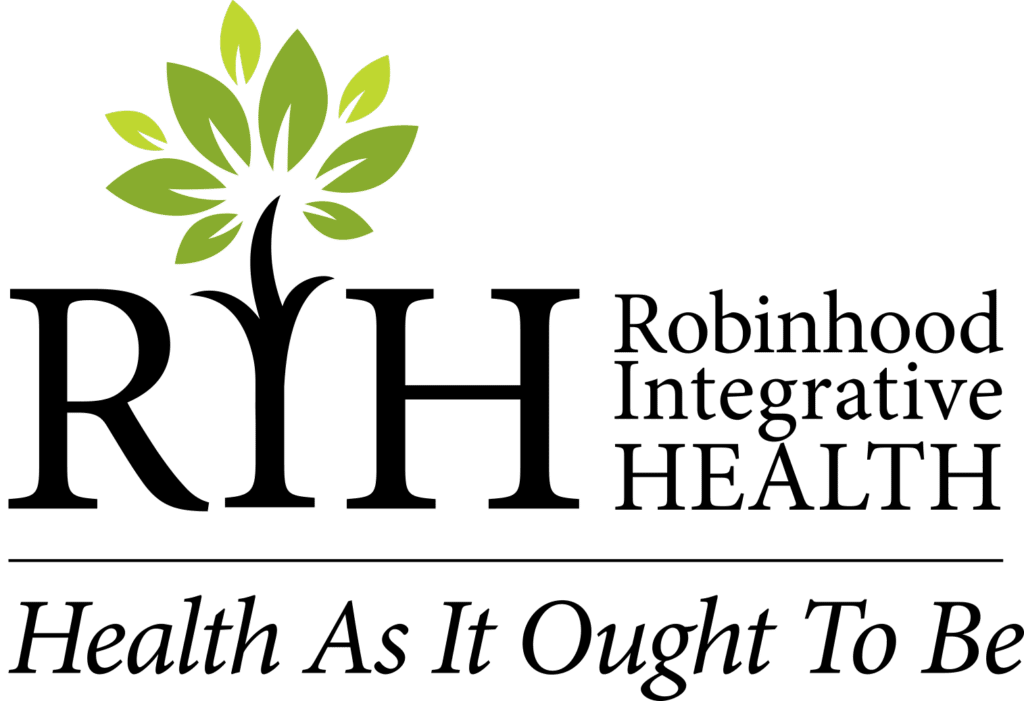Hypothyroidism is a condition in which the thyroid gland doesn’t produce enough thyroid hormone, leading to a variety of symptoms such as fatigue, weight gain, and depression. According to the National Institute of Diabetes and Digestive and Kidney Diseases, about 5% of U.S. Americans over the age of 12 have hypothyroidism and we think that number is actually much higher. Fortunately, with proper treatment, individuals with hypothyroidism can manage their symptoms and lead a healthy life. Here’s what those with this condition can expect in terms of treatment options.
Diagnosis and Initial Steps
Before treatment can begin, it’s essential to have an accurate diagnosis. This typically involves a series of blood tests to measure levels of thyroid hormones (Free T4, Free T3, Reverse T3), thyroid antibodies (TPO and thyroglobulin antibodies) and thyroid-stimulating hormone (TSH). These tests help to confirm whether an individual has hypothyroidism and determine the severity of the condition. Once diagnosed, a treatment plan will be created based on the specific needs of the patient.
Hormone Replacement Therapy
The most common and effective treatment for hypothyroidism is thyroid hormone replacement therapy. This involves taking thyroid hormones to replace the deficient hormones in the body.
Conventional Approach
The conventional approach (used by most Endocrinologists) is T4-only medications like levothyroxine, which is a synthetic version of thyroxine (T4), one of the thyroid hormones.
Levothyroxine works by providing the substrate for T3 which is the active form of the hormone. Unfortunately, many people do not feel well with T4-only medications such as Levothyroxine so many people seek out other options.
Alternative Medications
In most cases, Integrative Medicine providers will prescribe other thyroid medications. These include combination therapy, which involves taking both T4 and triiodothyronine (T3), or natural desiccated thyroid (NDT), which is derived from animal thyroid glands. These treatments often provide improved symptom relief and improved overall health such as better weight management and energy.
While these alternative therapies can be beneficial for most patients, they are not always suitable for everyone. Consulting with a thyroid specialist is crucial to determine whether these options are appropriate for your specific condition.
Lifestyle Modifications
While medication is the cornerstone of hypothyroidism treatment, lifestyle changes can also play a significant role in managing the condition. Patients should focus on maintaining a healthy diet that supports thyroid health. Eating nutrient-dense foods such as lean proteins, vegetables, and fresh fruits can help ensure that the body has the necessary vitamins and minerals to function properly.
Additionally, regular physical activity is important to combat the weight gain and fatigue associated with hypothyroidism. Even light to moderate exercise can help improve energy levels and overall well-being. It’s essential to work with healthcare professionals to develop a balanced approach that incorporates both medication and lifestyle adjustments.
Regular Monitoring and Long-Term Care
Hypothyroidism requires ongoing management, and regular visits to your provider are essential for ensuring that treatment remains effective. As the body’s response to medication can change over time, it is important to monitor thyroid hormone levels regularly. This allows for adjustments to be made to the treatment plan as needed.
Additionally, patients should remain vigilant for any changes in symptoms and report them to their healthcare provider. By maintaining an open line of communication, individuals with hypothyroidism can effectively manage their condition and prevent complications.
Hypothyroidism is a manageable condition with the right treatment approach. Medication, lifestyle changes, and ongoing care from a thyroid educated provider are key elements in effectively treating hypothyroidism and improving quality of life. If you suspect you may have hypothyroidism, fill out a new patient form with Robinhood Integrative Health today to schedule an appointment. We’ll be happy to discuss your symptoms and begin a treatment plan tailored to your needs.

